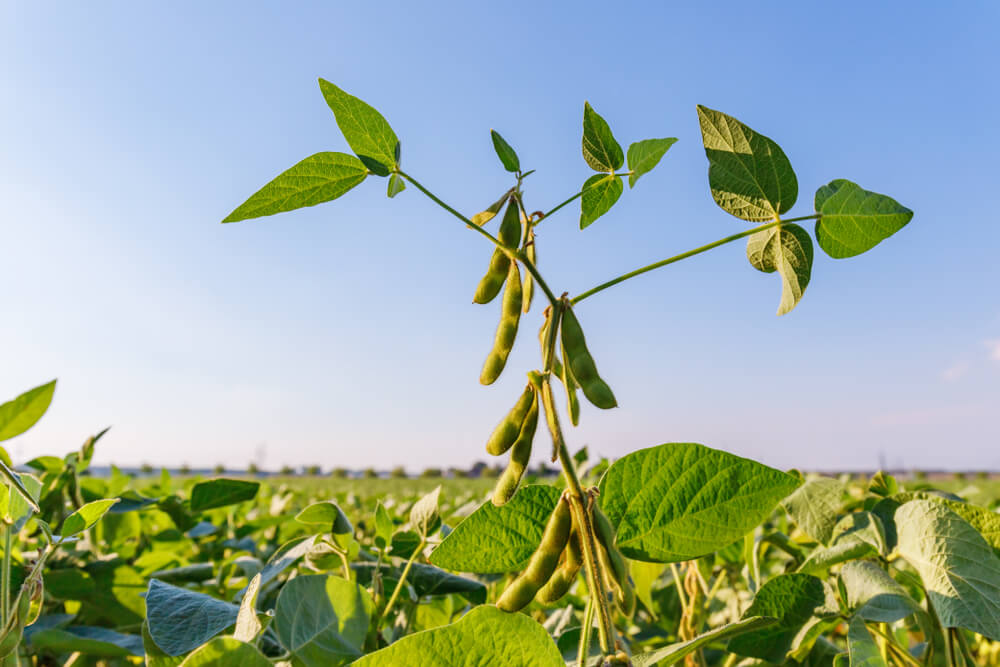Soybean futures for August delivery gets a 10 ¾ cent push per bushel on Wednesday, sending trading prices to $13.60.
The positive momentum is followed by soy oil futures which added 1.49 cents during the same session.
Meanwhile, soymeal futures scheduled for delivery during the same period failed to jump on the bandwagon.
The contract declined by half a dollar per ton, sending it to exchange hands at $356.50 per ton.
According to agriculture experts, the recent boost behind the hike in the prices of gains is a reduction in yield returns for this year.
Yesterday, an industry group forecasted that there will be a reduction in wheat harvests this year. This comes as unexpected extreme weather conditions in producing countries weigh on demand.
An actual view from the agriculture sector showed a 100 million decline in spring wheat harvests than the industry initially expected.
This could lead to the overall production hitting 40% less than last year’s production. In 2020, the crop made a significant run despite the underlying risks posed by the pandemic that weighed on farmers’ production capacity.
On the other hand, the US government said that corn harvests could hit 15.16 billion bushels this year. This is based on the average harvest rate of close to 180.0 bushels per acre given for 2021.
In a projection, maize prices are likely to hit $5 a bushel during the year.
Meanwhile, soy production is expected to remain in the status quo for the second half of the year as macroeconomic conditions stabilize.
This instantly impacted all other grains on the line, as prices directly impact one or another due to substituting.
Brazil Soy Farmers Get Cash Incentives
Meanwhile, in a separate report, Brazil’s soy farmers get a timely cash incentive from the government.
The boost came from their contribution to promoting sustainable agriculture, which is what the incumbent administration is working on today.
The recipients of the first batch of incentives include 55 growers from the country’s Maranhao and Mato Grosso states. This location is the heart of the country’s farming industry.
The environmental program aims to encourage producers to gravitate towards sustainability and environment-friendly farming techniques.
This is in line with the country’s move against deforestation and the increase in carbon emissions.
For the record, Brazil topped headlines due to issues in cattle grazing in the Amazon. The industry is touted as one of the biggest contributors to climate change in the world today.















